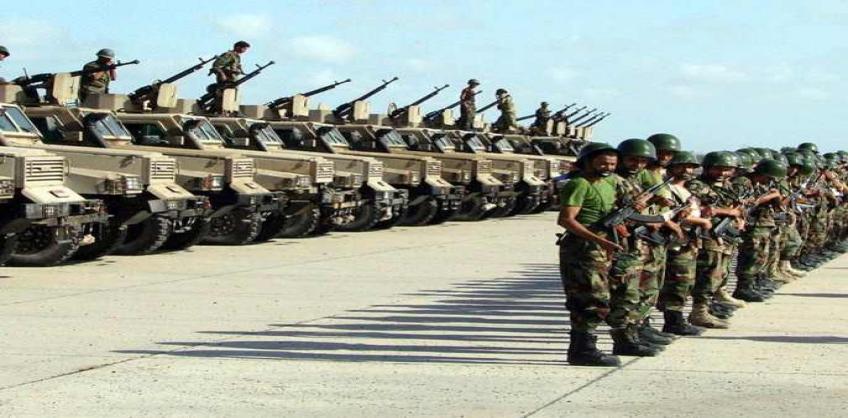Arab armies: Agents of change before and after 2011 Contents Introduction Understanding the cradle of the Arab armies State: pro-state or the system? School of the nation: a professional or politicized? Four models of the military forces of the Western model institution Avatar classical Arab force failed Conclusion Introduction We all tend to look at new events through the lenses of old: It's a fact of life. Focusing lenses on the old telecom elements of the picture that looks familiar to us but inevitably ignore or neglect those images that do not look familiar, and thus lose the complexity of the whole picture. When I started the Arab uprisings three years ago, summoned Europeans - and Westerners generally - at first glance natural language: chanting echoes the term "Spring" in 1968 Prague, or the spring of peoples in Europe in 1848, where he was suppressing both violently - despite the fact that these popular uprisings was justified in the end after it contracts. There have been compared to other fall of the Berlin Wall in 1989, in spite of various geopolitical Alkhalafaataat (not the kind of model the crumbling Soviet empire in the Middle East). Later, however, the comparison with 1989 seem useful when comparing the speed and scope of 'regime change' after the uprisings. In Central Europe, and the pace of change accelerated with the overthrow after the other. In the Arab world, and on the contrary, has become the pace is slower, it's Jasmine Revolution, which was lightning fast in Tunisia to the long civil war in Syria - not to mention the states that did not move, such as Algeria and elsewhere or those shifts or turns that have taken place in the country that have been affected b "Arab Spring" as developed by the Frankfurter Zeitung. Since 1989 onwards, it became shift working and progressing in all the countries of Central Europe. Since 2011, every Arab country has taken a path markedly different, and within a few of them were barely take the dynamics of change. And provide us with the study of Florence should be a new pair and creator of lenses through which to look at the subject in question, as it delves into the history, sociology, economics and politics of the armies of the various national in the Arab world, in an attempt to explain all of the traditions and identities and the reality of tactics and tactical decisions. It sheds light on the cause of some of the developments (or not happen) in some countries. It will help us as well as to read a map full of crossroads and blocked roads and roads that do not behave only slightly, as it sheds light on the factors that must be taken into account in order to form a more reliable neighbors southerners, and to be better prepared for the work - and the response - in future. The study is located at 38 paper to request the study continue with us on the site

